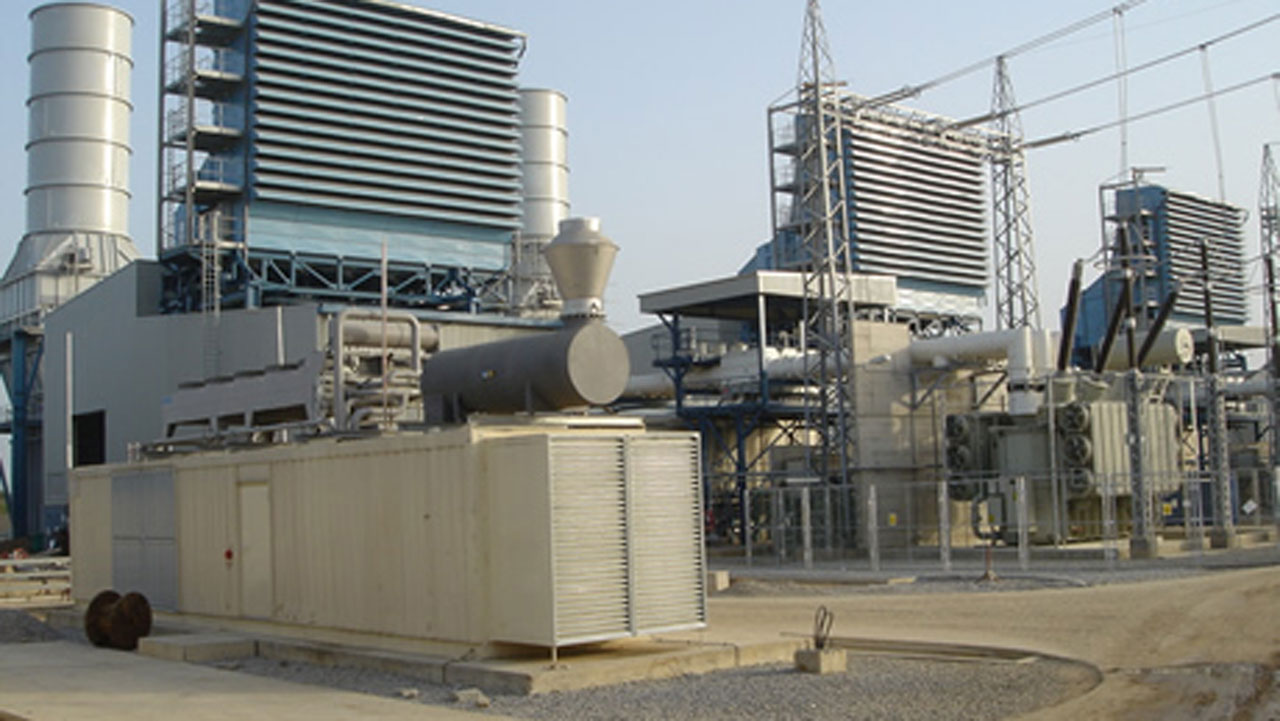The Federal government of Nigeria has entered into an agreement with Greenville LNG to supply of liquefied Natural Gas (LNG) to power the Kaduna plant in Kaduna state.
Greenville’s Managing Director, Ritu Sahajwalla announced the reports and said that the aim is to boost gas supply to some northern states of the country. According to them, a Memorandum of understanding (MOU), was signed to this effect four years ago, while construction work on storage and other relevant facilities are almost done at the power plant to commence operations.
Also Read:Mozambique to construct 2000MW gas-fired power station
Liquefied Natural Gas
The MD noted that the company plans to get gas to the 250MW plant through transportation by their LNG trucks since there are no pipelines yet, adding that the content of each truck is equivalent to the generation of 5MW. The kickoff would depend on the completion of the power plant itself, which is projected to take place soon as as installation of civil works would commence in 10 days.
“The northern part of the country can have about 200MW in six months with the pace of work. But before pipelines are laid, power plants have to be supplied by LNG trucks while construction of facilities is underway,” said Ritu Sahajwalla.
In his remarks, the Head of Operations, Dufil Prima Plc, Virenver Pethenia expressed optimism that switching to LNG from Compressed Natural Gas (CNG) would be worthwhile.He acknowledged that even though the company still had contracts with some CNG companies, it hopes to switch fully once the supply is assured because LNG is easier to transport and store.
Kaduna Power plant
Sited in Kudenda area of Kaduna State in Nigeria, the plant is actually a 215 megawatts facility using eight installed turbine units. According to the power plant project site manager, Rockson Engineering’s Paul Adeyemo, each turbine can deliver up to 25MW of electricity.
The contract for the Kaduna Power Plant was originally awarded in 2009. But the project execution had been slowed mainly due to the problem of inadequate financial commitment by the successive Nigerian governments.
It is hoped that upon completion, the power plant will serve to resuscitate the moribund textile industry in the state – precisely 12 textile factories, which employed over 35,000 people in Kaduna before their collapse.

